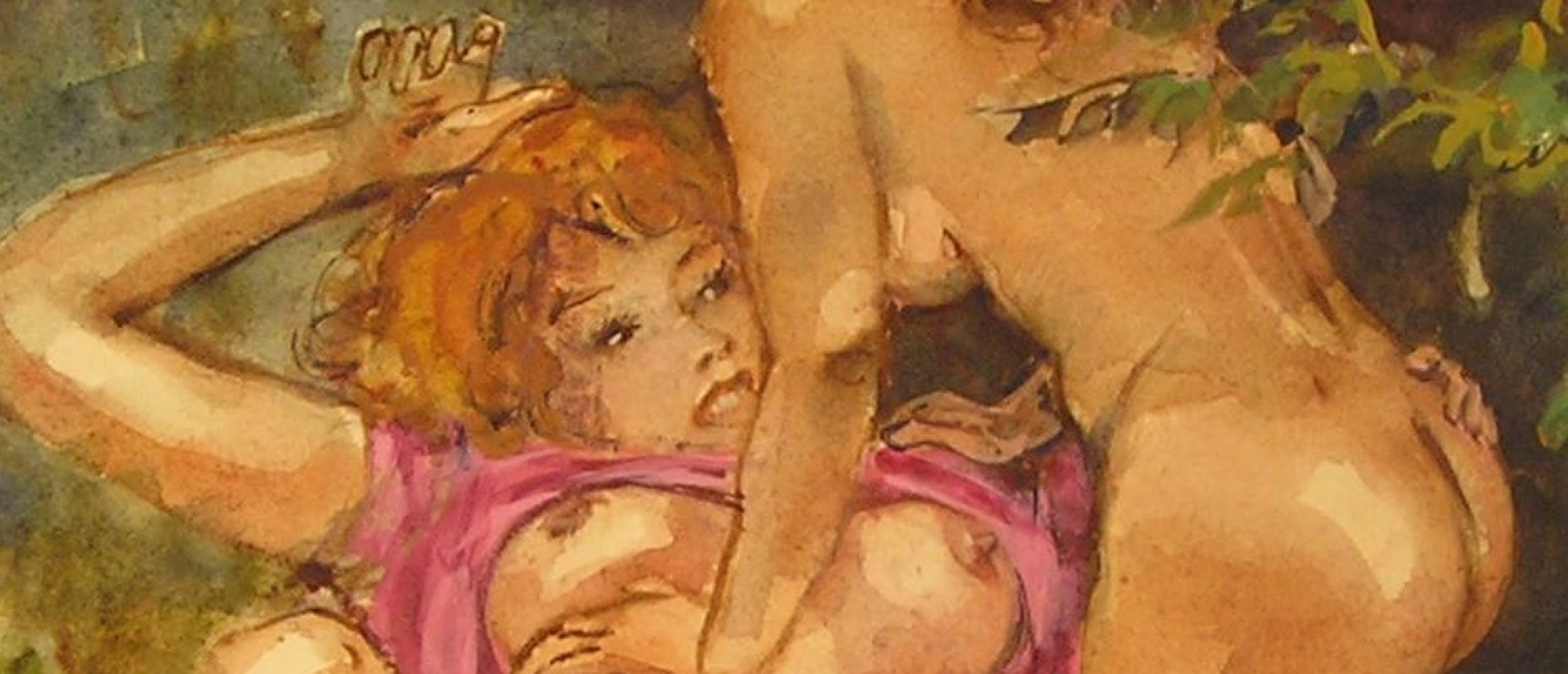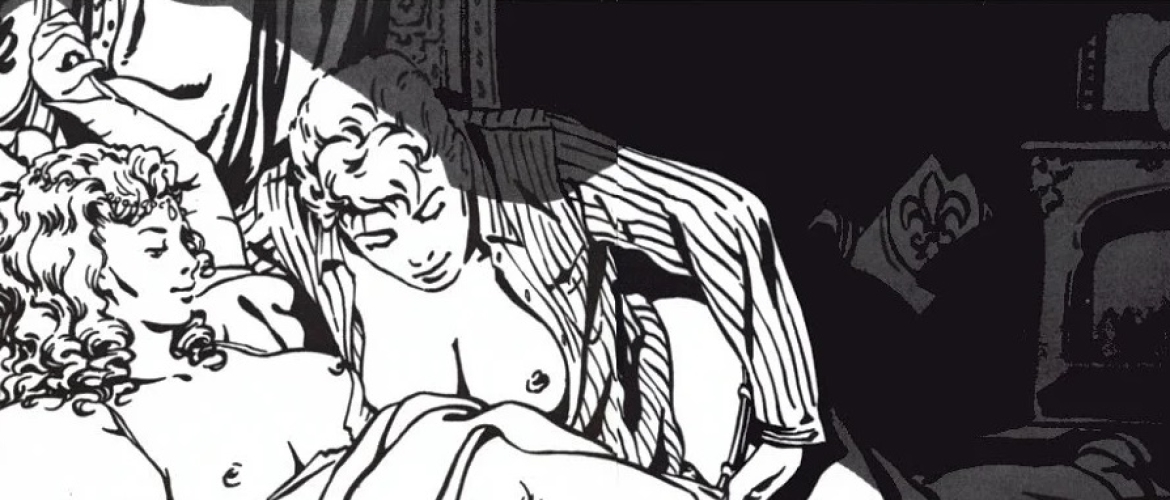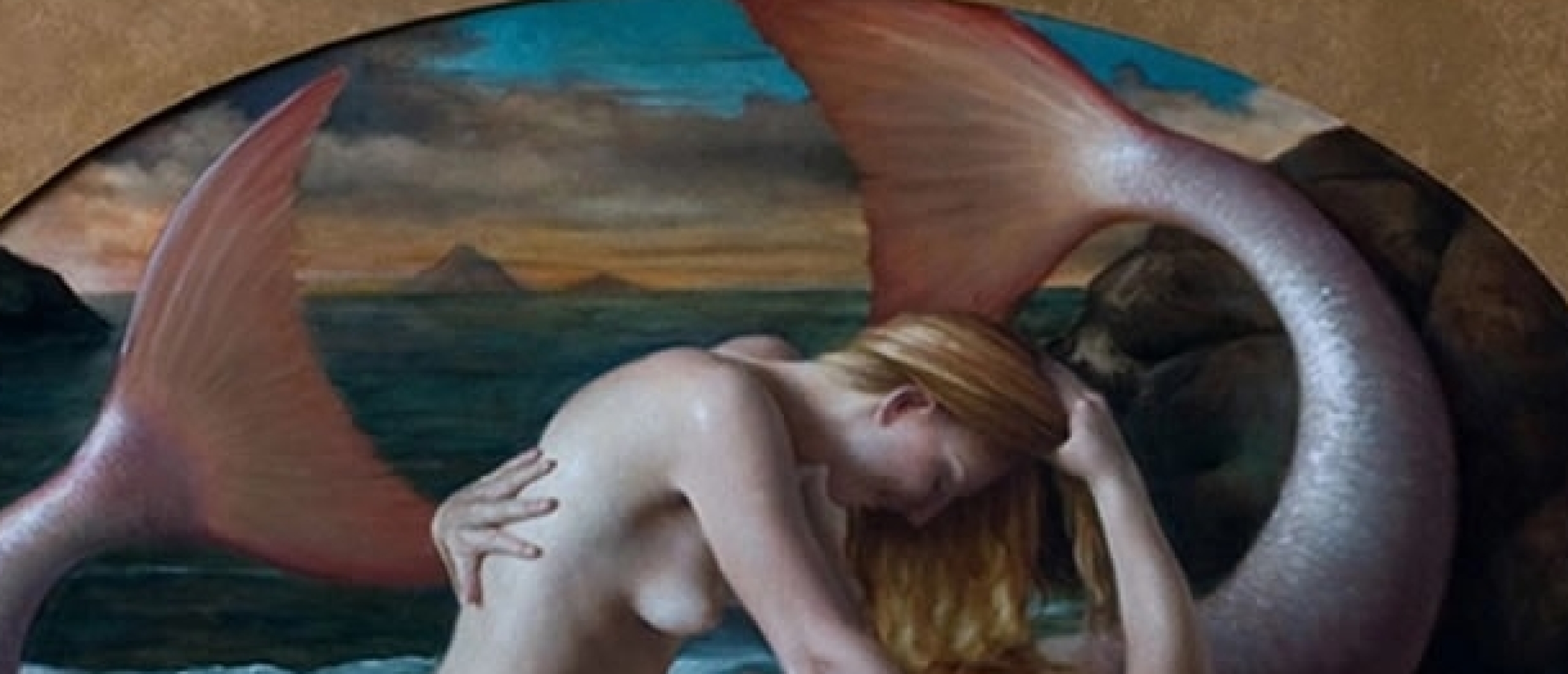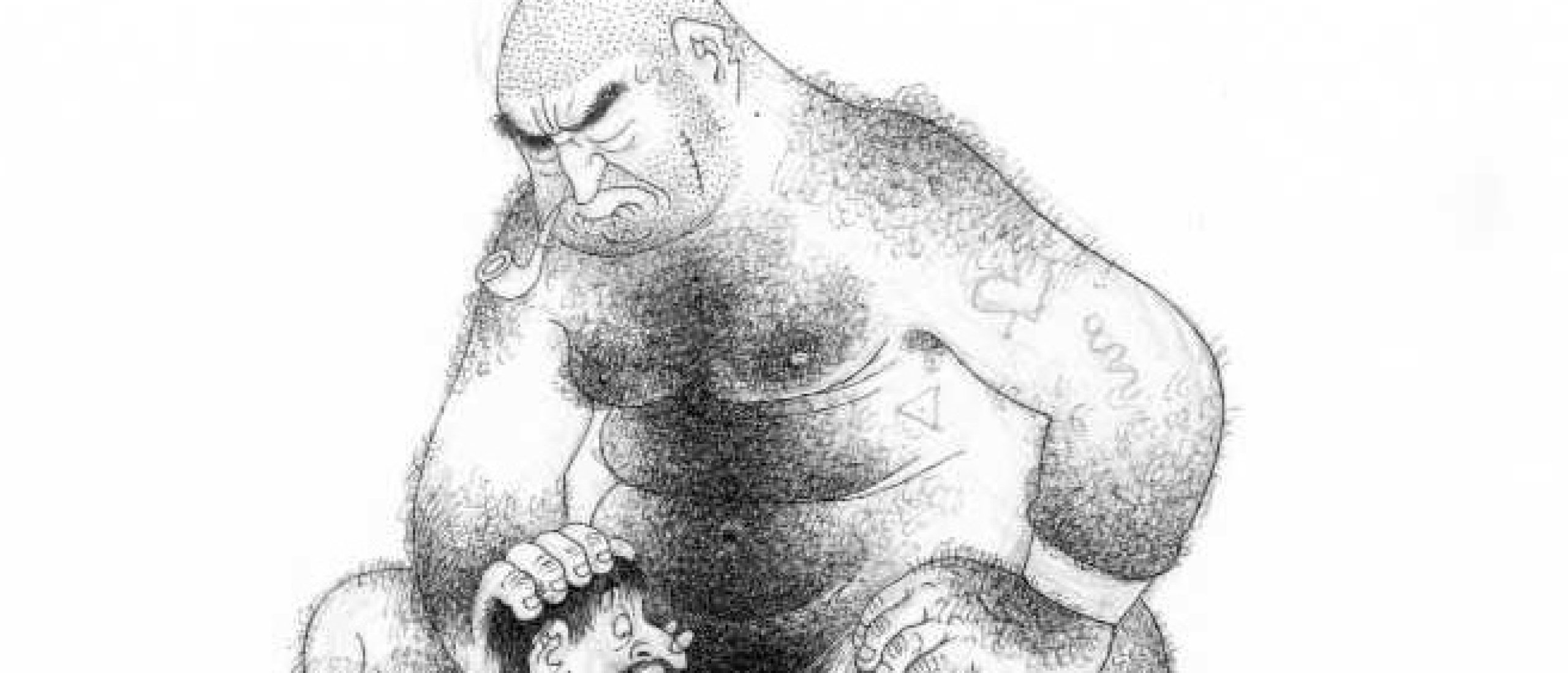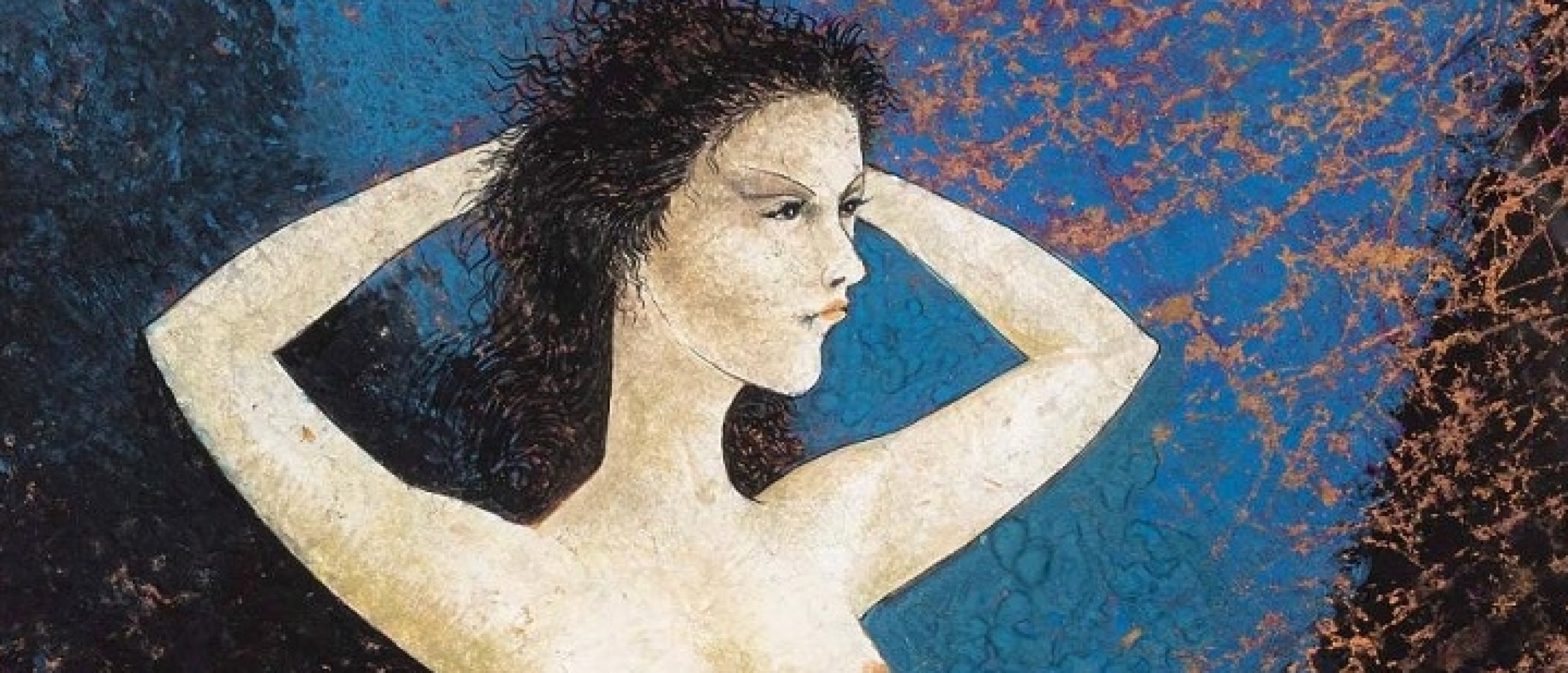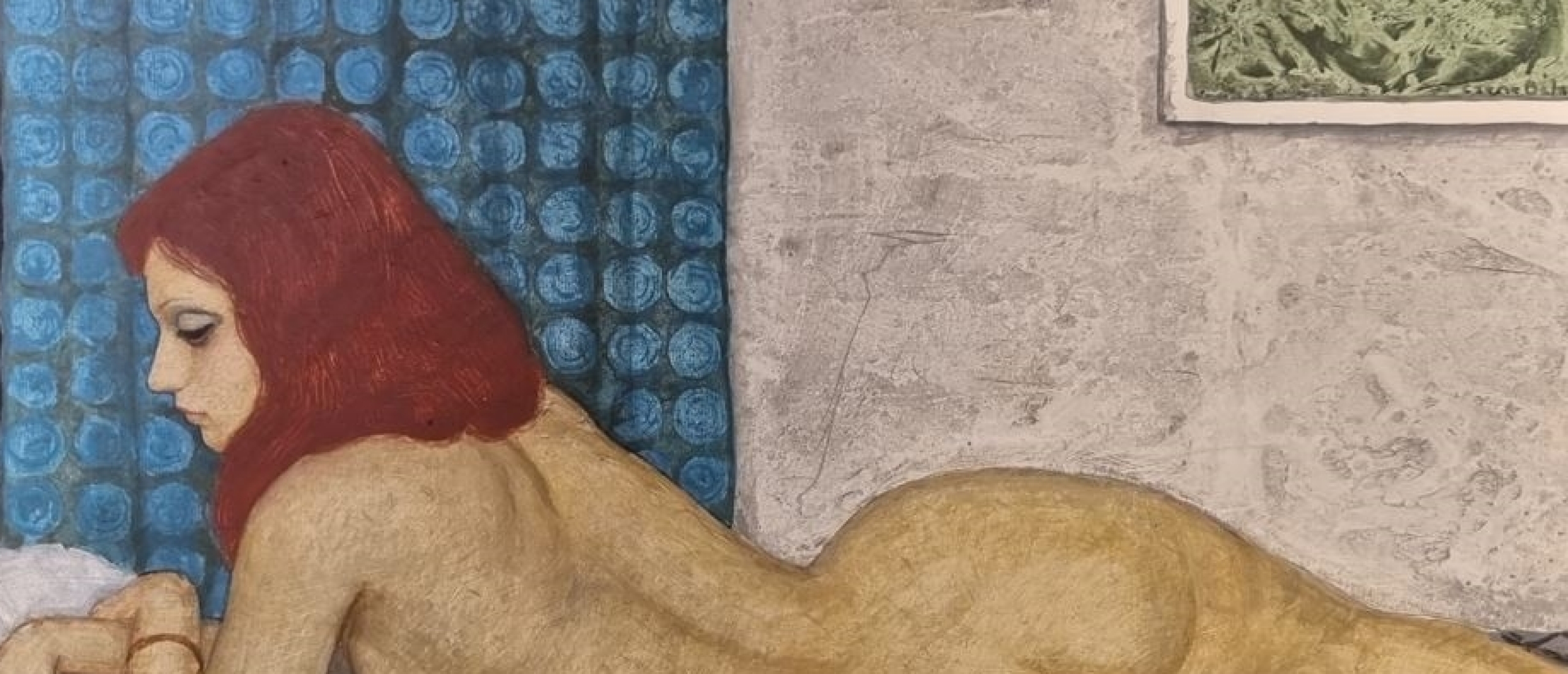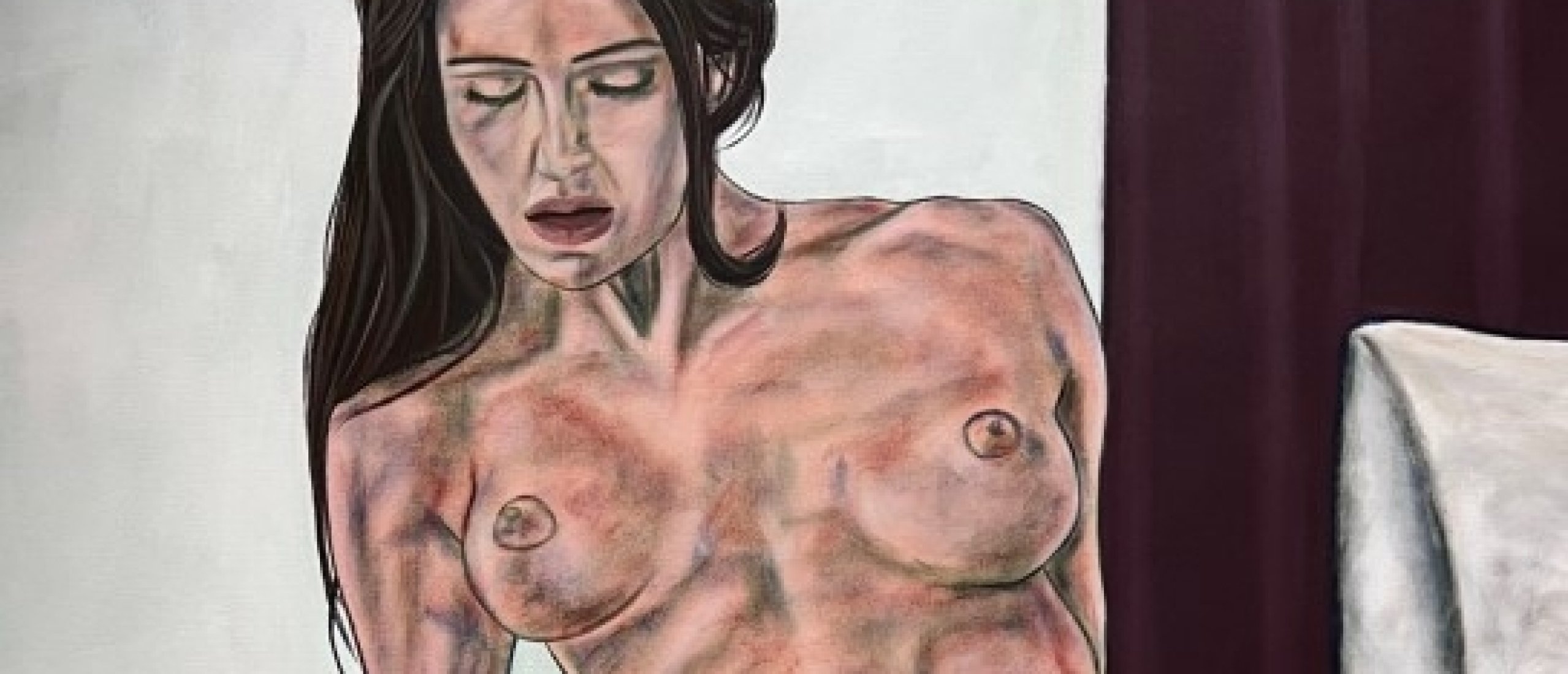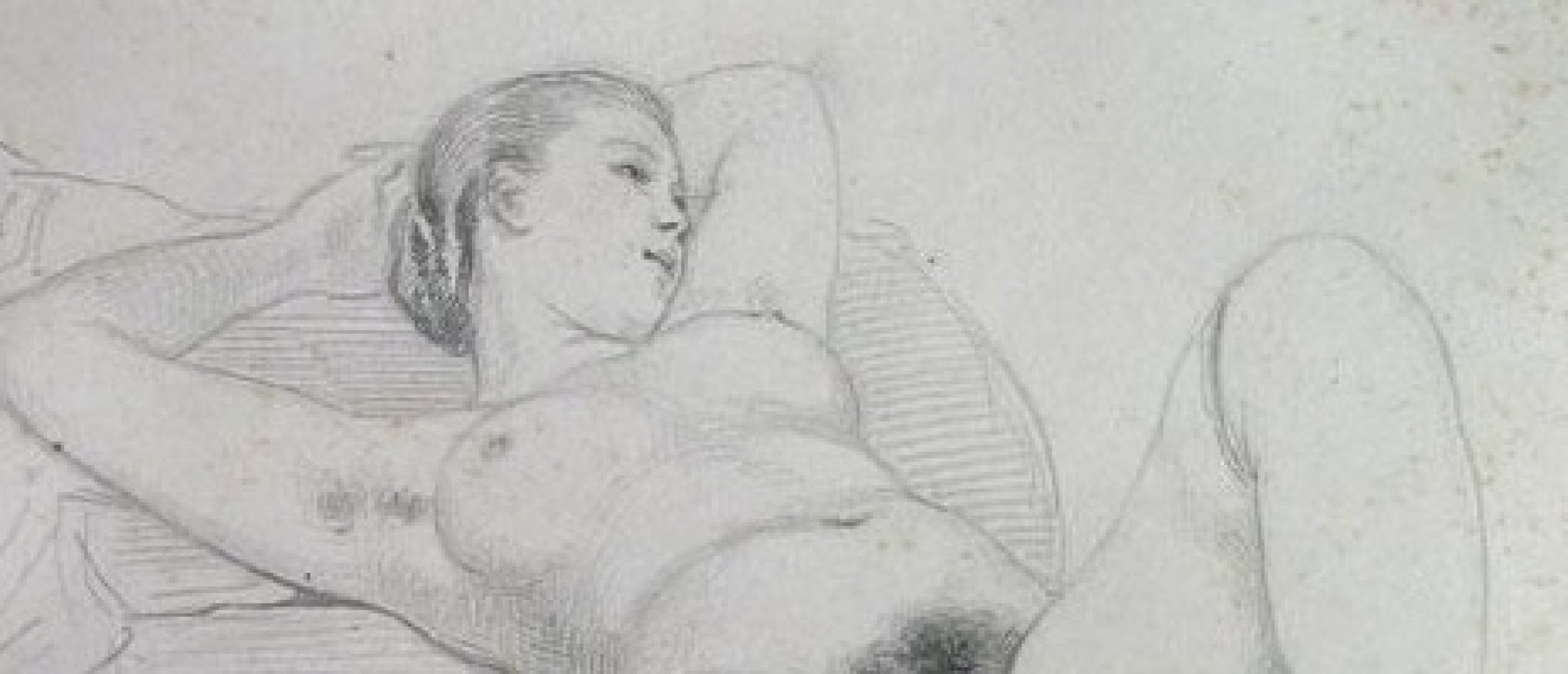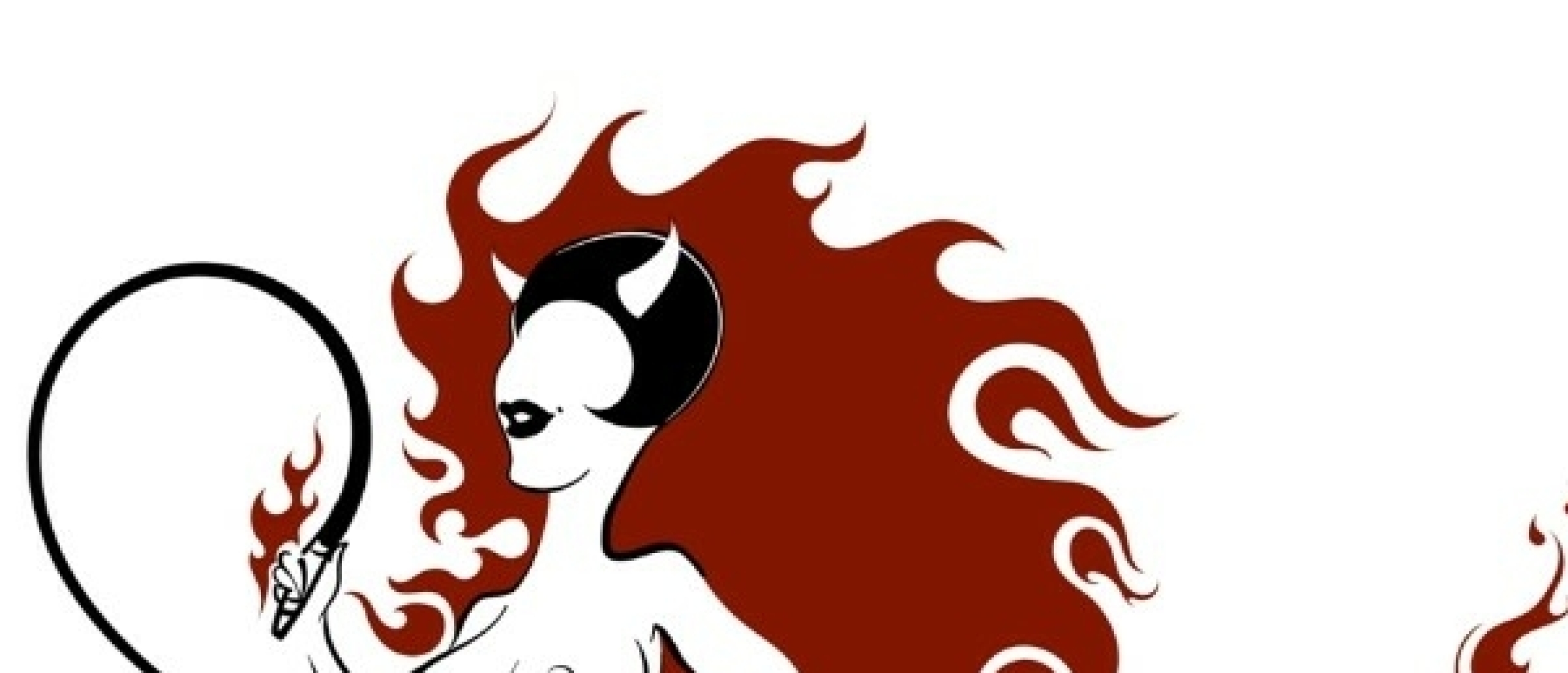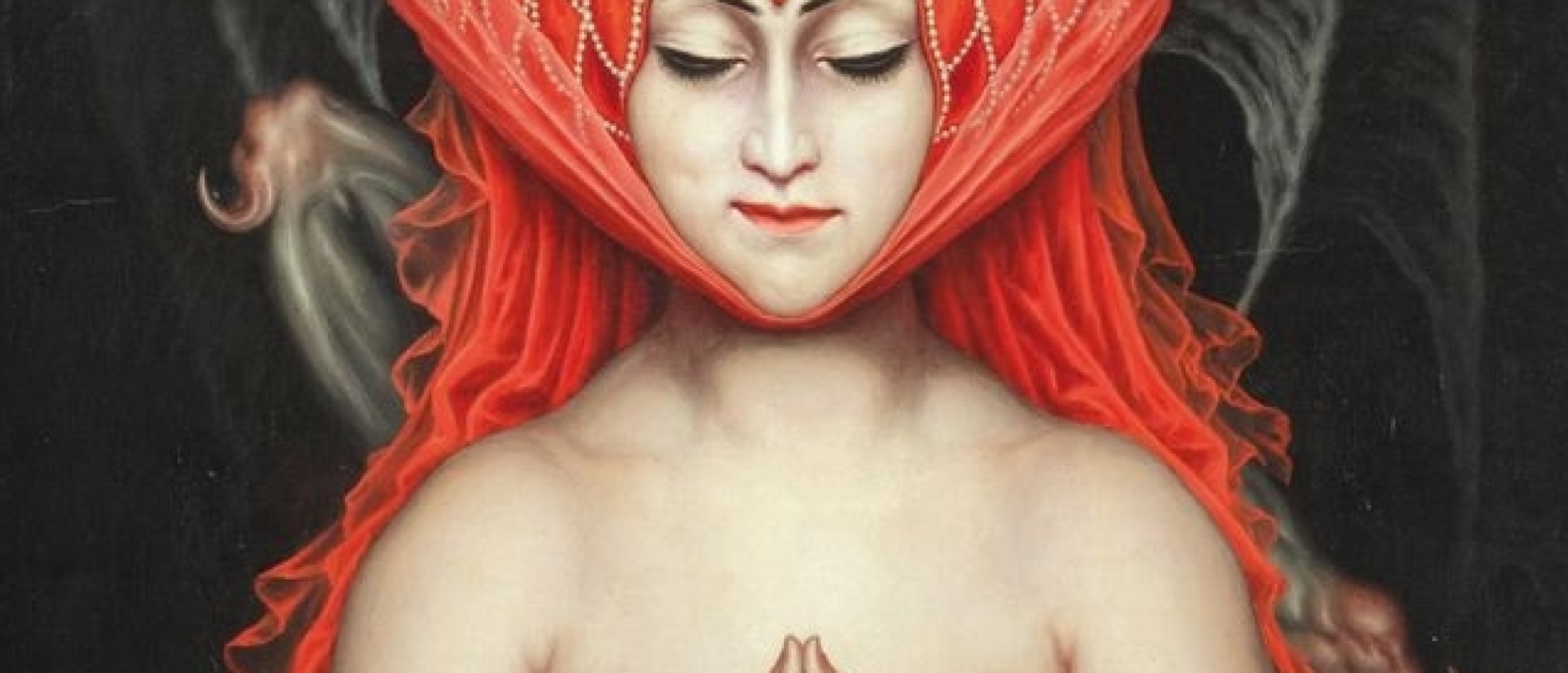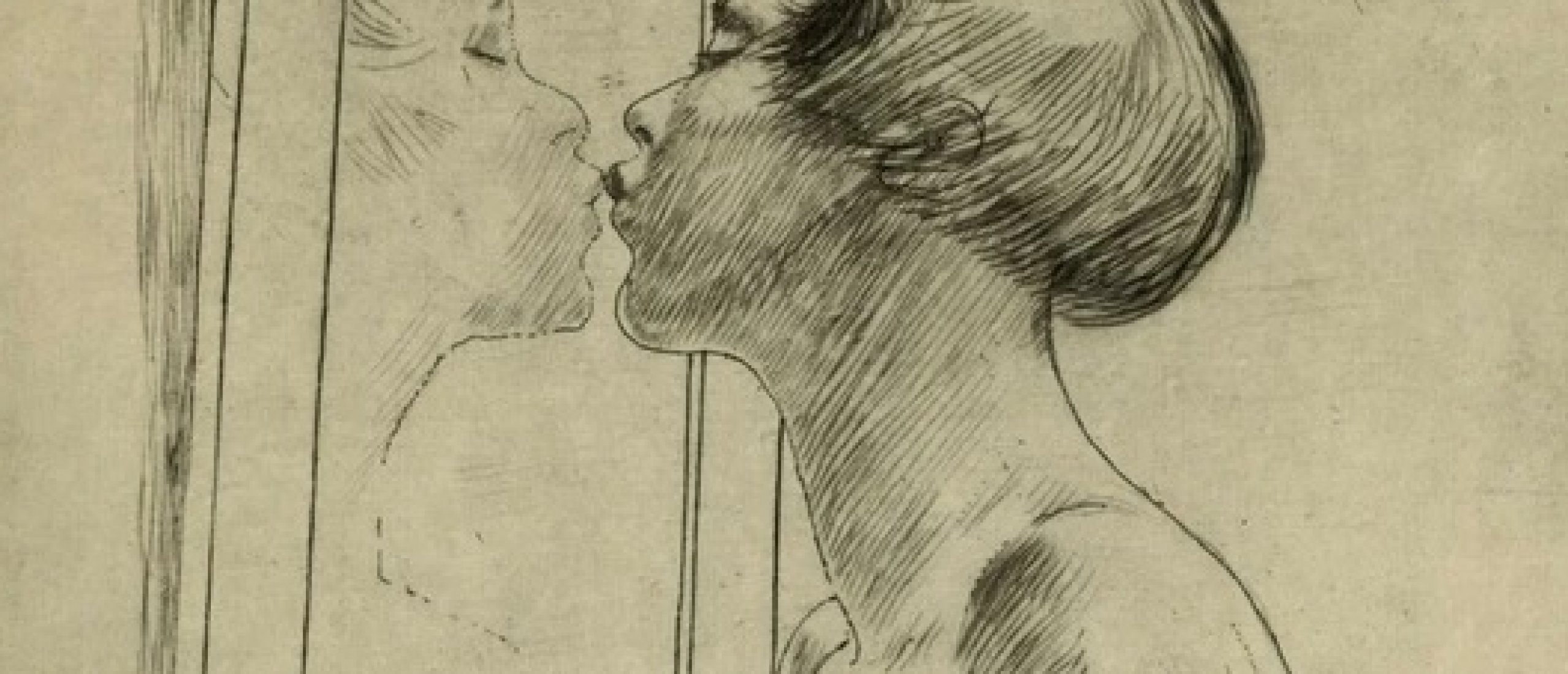
Armand Rassenfosse (1862-1934) was a self-taught Belgian painter and printmaker, most known for his oil nudes and engravings for Les Fleurs du mal. As follows from his biography, Rassenfosse is another brilliant example of how perseverance and dedication to art keep people on track in disastrous times.
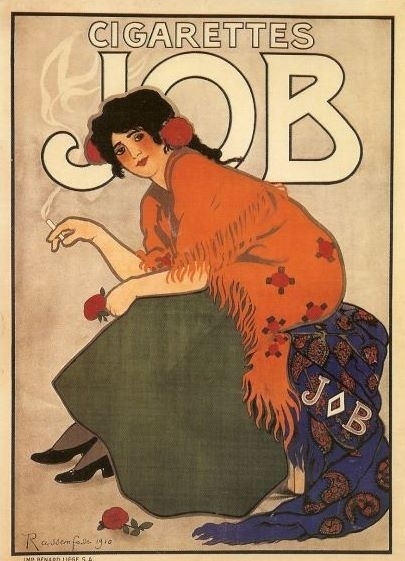
Fig. 1. Advertising poster (wikimedia.org)
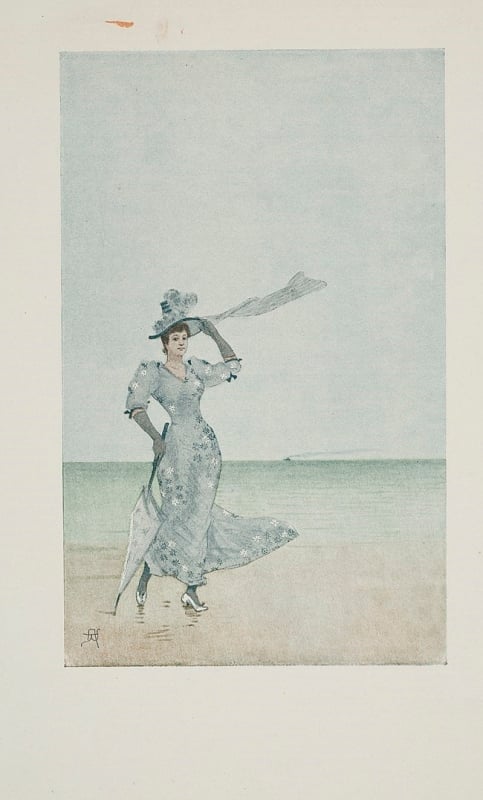
Fig. 2. On the beach (wikimedia.org)
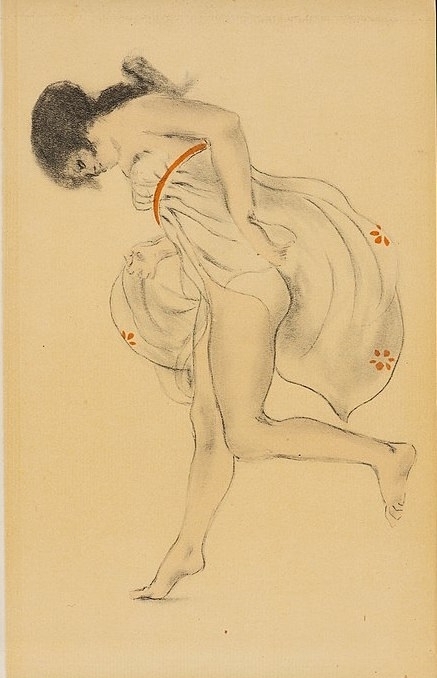
Fig. 3. La Maison de la petite Livia (wikimedia.org)
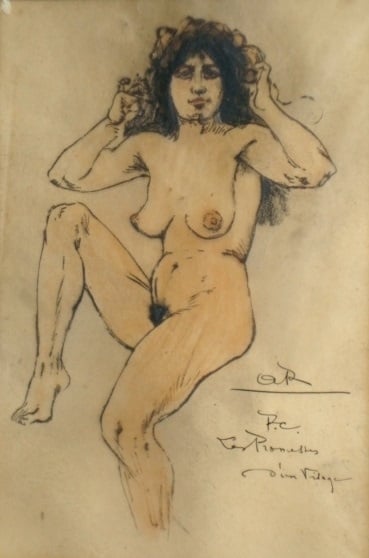
Fig. 4. 1899 illustration for 'Promesses d'un visage' in Charles Baudelaire's 'Les Fleurs du mal' (Wikipedia.org)
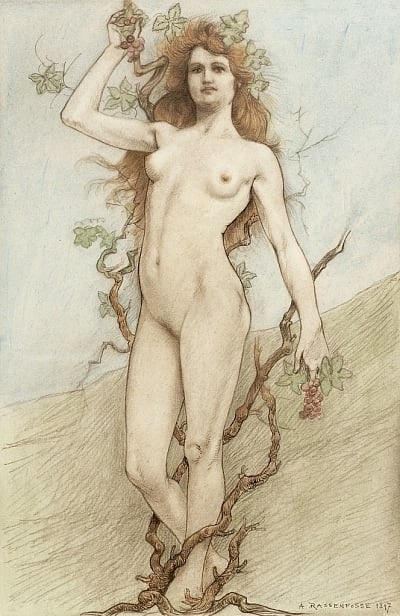
Fig. 5. Nude Bacchante (meisterdrucke.uk)
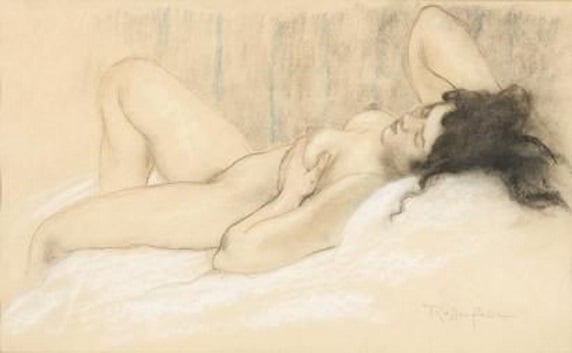
Fig. 6. Lying nude (livejournal.com)
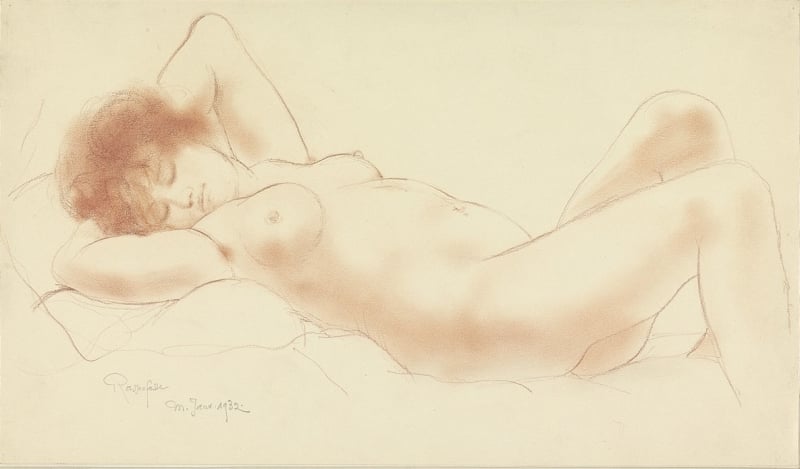
Fig. 7. Lying nude (Wikimedia.org)
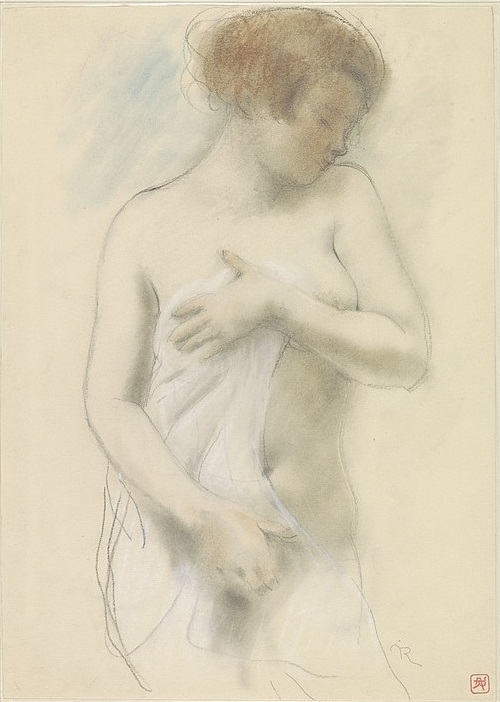
Fig. 8. Standing nude (wikimedia.org)
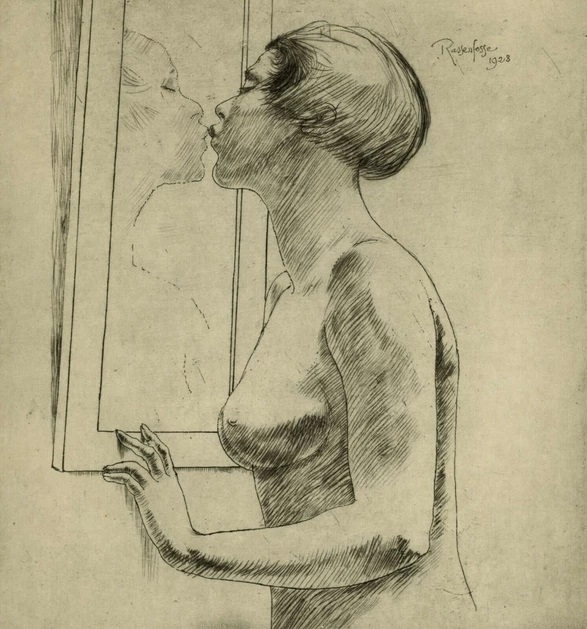
Fig. 9. In front of the mirror (anthologiablog.com)
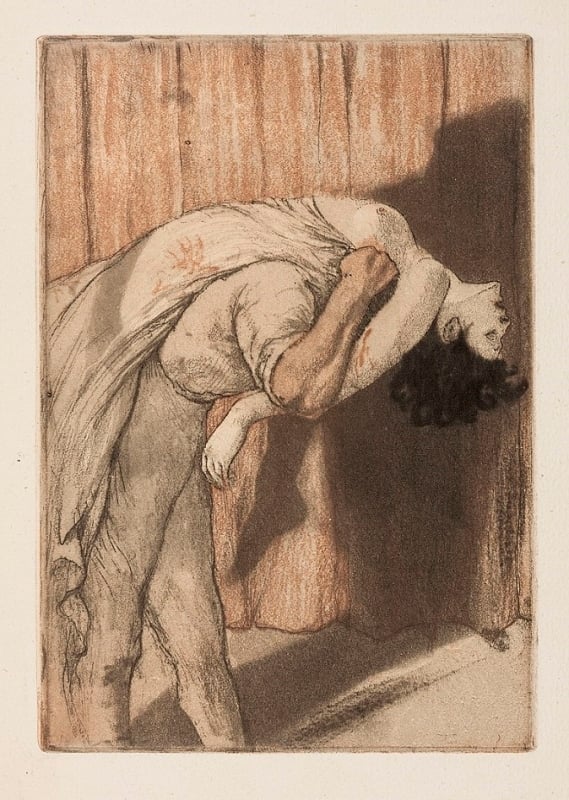
Fig. 10. Illustration for The Crimson Curtain, a short story by Jules Barbey d'Aurevilly (Wikipedia.org)
Inspired By Rops
Rassenfosse was born in Liège in a family that wasn't directly connected with fine art. His parents inherited a store selling furniture and porcelain. The future artist was supposed to devote himself to this family business. One of his uncles provoked Rassenfosse's initial interest in the art of printmaking by showing him the etchings of Felicien Rops. Still, having graduated from secondary school, the artist joined the family. The second person who helped Rassenfosse to start his artistic career was Auguste Donnay, hired by Rassenfosse's father to decorate a home. Donnay befriended Armand and introduced him to the students of the Academy of Fine Arts in Liege.
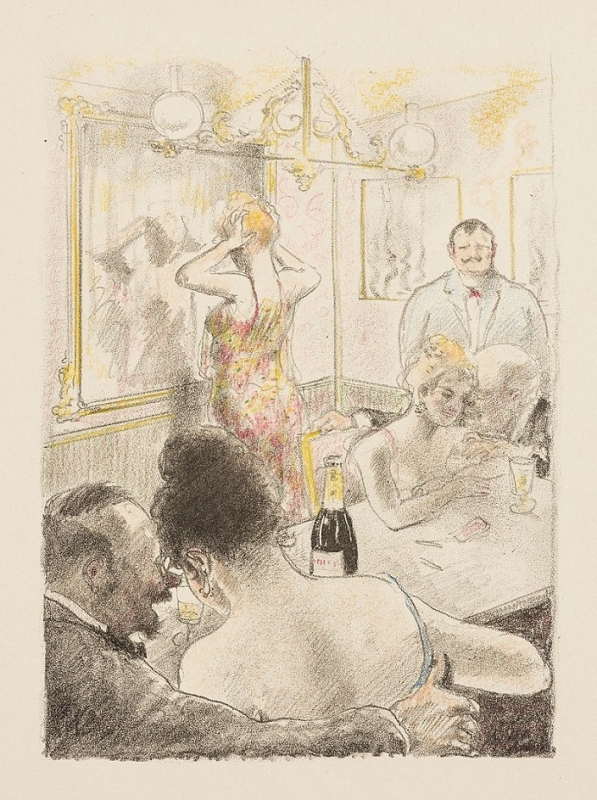
Fig. 11. Illustration to the work of Edmond Glesener (Wikipedia.org)
Satirical Magazine
In the early 1880s, connections with the artistic world inspired him to secretly contribute drawings to the satirical magazine Le Frondeur as Zig. At the same time, he also began experimenting with printing. Two years later, Rassenfosse showed his works to Adrien de Witte, an art teacher at the Liège Academy of Fine Arts. De Witte was intrigued and encouraged the artist in his experiments, advising him to try the pyrography technique. In 1884, Rassenfosse also created his first oil painting, which he would produce at the time of WWI to withdraw from his misfortunes.
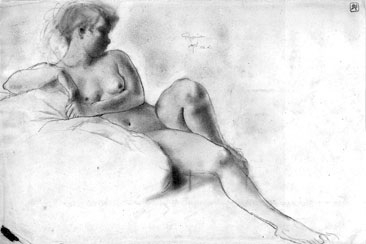
Fig. 12. Reclining nude (Wikimedia.org)
Become a Premium member now and check out the extended version which is more than twice as long, including, Rassenfosse's aesthetic relationship and friendship with the erotic genius Félicien Rops, his experimentation with printing techniques, successes and setbacks, attraction to dark feminine sensuality, Death and the Maiden theme, and more...
Click HERE for satan servants and the spirit of Salem in the pictures of Félicien Rops
Sources: Wikipedia.org, twitter.com,

